Legality of SCUML (EFCC) Certificate. Daily Law Tips (Tip 641) by Onyekachi Umah, Esq., LL.M, ACIArb(UK)
Professionals and businesses in Nigeria may not worry about Special Control Unit against Money Laundering (SCUML), until when seeking to open/operate a bank account. Banks will not allow certain businesses and professionals to open/operate bank account without presenting a SCUML certificate (EFCC Clearance/Certificate). Businesses, professionals and charities are listed as ones that require SCUML certificates, depending on their vulnerability to money laundering or terrorism financing risks. Among the listed professional are the legal practitioners in Nigeria but their professional body has obtained a court judgment exempting legal practitioners from such supervisions. This work focuses on Anti Money Laundering and Combating of Financing of Terrorism (AML/CFT), legality of SCUML certificate, list of businesses and professionals that need SCUML certificate and the roles of stakeholders like Nigeria Financial Intelligence Unit, Economic and Financial Crimes Commission, Federal Ministry of Industry, Trade and Investment and others in the AML/CFT regime.
In fighting corruption, one of the vital tools is fund tracking. To combat money laundering and terrorism, the Federal legislatures enacted two (2) laws to track flow of money in Nigeria. One of the Federal laws is the Money Laundering (Prohibition) Act 2022 (formerly, Money Laundering (Prohibition) Act 2011), which among other things, prohibits cash transactions and mandates Suspicious Transaction Reports to be provided to the Economic and Financial Crimes Commission (EFCC). The other federal law is the Terrorism (Prevention) Act 2022 (formerly the Terrorism (Prevention) Act 2011), which is designed to prevent acts of terrorism, all law enforcement agencies are empowered to fight terrorism and to adopt measures to prevent terrorism in Nigeria.
By the provisions of the Money Laundering (Prohibition) Act 2022, any Designated Non-Financial Institution (DNFI) and Profession that is involved in cash transactions is to provide a declaration of its activities to the Special Control Unit against Money Laundering. By that law, Designated Non-Financial Institutions (DNFI) are dealers in Jewelry, cars, and luxury goods, farm equipment, merchandised farming practitioners, consultant and consulting companies, professional accountants, audit firms, tax consultants, clearing and settlement companies, real estate agents/companies and estate developers, legal practitioners and notaries, hotels, casinos, pools and betting business, supermarkets, or such other businesses as the Federal Minister for Trade and Investment may from time to time designate. The Terrorism (Prevention) Act 2022 has provisions for law enforcement to ensure terrorism is not funded.
In support of efforts on Anti Money Laundering and Combating of Financing of Terrorism (AML/CFT), there are several regulations made pursuant to the Money Laundering (Prohibition) Act 2011 and the Terrorism (Prevention) Act 2011. Among the regulations is the Central Bank of Nigeria (Anti Money Laundering and Combating of Financing of Terrorism for Banks and Other Financial Institutions in Nigeria) Regulation 2013, by which, among other things, banks are expected to know their customers, have internal control to detect terrorists and their financiers and also make proper reports to law enforcement agencies. Other regulations are that of the Nigeria Securities and Exchange Commission (SEC) and the National Insurance Commission (NAICOM) for their respective operators. Please note that the Money Laundering (Prohibition) Act 2022 validates, saves, and sustains the regulations made pursuant to the Money Laundering (Prohibition) Act 2011.
By way of history, in 2013, the Federal Ministry of Industry, Trade and Investment (Designation of Non-Financial Institutions and Other Related Matters) Regulations 2013, expanded the meaning and list of business/professionals referred to as Designation of Non-Financial Institutions from what is provided in the Money Laundering (Prohibition) Act 2011. By the 2013 Regulations, adding to the existing list, DNFI extended to professions including (a) Law firms, notaries, and other independent legal practitioners; (b) Accountants and Accounting firms ;(c) Trust and Company Service Providers ;(d) Estate Surveyors and Valuers ; (e) Mortgage Brokers ; and (f ) Non-Profit Organisations. And also to businesses including; (a) dealers in precious stones and metals ;(b) dealers in Real Estate, Estate Developers, Estate Agents and Brokers; (c) hospitality Industry; (d) Consultants and Consulting Companies; (e) Construction Companies ;(f ) importers and dealers in cars or any other automobiles ; (g) dealers in mechanized farming equipment and machineries ; and (h) practitioners of mechanized farming.
On 15 December 2016, came the Federal Ministry of Industry, Trade and Investment (Designation of Non-Financial Institutions and Other Related Matters) Regulations, 2016. This 2016 Regulation was made by the Minister of Industry, Trade and Investment, following powers created by the Money Laundering (Prohibition) Act 2011. By the 2016 Regulations, the list of Designated Non-Financial Institutions (DNFI) was expanded to include pool betting and lottery businesses.
By the 2016 Regulation, the list and meaning of Designation of Non-Financial Institutions (DNFI) include dealers in jewelry, cars and luxury goods, Precious stones and metals, Real estate, Estate developers, Estate surveyors and Valuers, Estate Agents, Chartered accountants, audit firms, tax consultants, clearing and settlement companies, legal practitioners, hotels, casinos, pool betting and lottery business, supermarkets and such other business as undertaking as other businesses as the Federal Ministry of Trade and Investment or appropriate regulatory authorities may from time to time designate. Expectedly, the Money Laundering (Prohibition) Act 2022 covers the majority of the professionals and businesses earlier designated by the Federal Ministry of Industry, Trade and Investment (Designation of Non-Financial Institutions and Other Related Matters) Regulations 2013, 2015, and 2016. However, it must be mentioned that “Construction Companies” are now omitted from the list under the Money Laundering (Prohibition) Act 2022 without any reason.
The Money Laundering (Prohibition) Act 2022 has established a department under the Economic and Financial Crimes Commission to be known as Special Control Unit against Money Laundering (“SCUML”) responsible for the supervision of designated non-financial businesses and professions with regards to their compliance with the provisions of Money Laundering (Prohibition) Act 2022 and other related laws. Well, ahead of the Money Laundering (Prohibition) Act 2022, the Special Control Unit against Money Laundering (“SCUML”) was of the Federal Ministry of Industry, Trade, and Investment and was empowered by the Federal Ministry of Industry, Trade and Investment (Designation of Non-Financial Institutions and Other Related Matters) Regulations 2013, to register and monitor the activities of Designated Non-Financial Institutions (DNFI) in Nigeria, in collaboration with the Nigerian Financial Intelligence Unit (NFIU) and other professional bodies and regulators. DNFIs are expected to establish robust internal control and compliance mechanism, Customer Due Diligence Measures and making appropriate reports to SCUML. In reality and for operational convince, the SCUML was domiciled in the EFCC and expectedly, the Money Laundering (Prohibition) Act 2022 has statutorily bestowed SCUML in the EFCC.
Although legal practitioners, notaries and law firms are listed both by the Money Laundering (Prohibition) Act 2022 and regulations as professionals that need SCUML certificate, the professional body of lawyers (Nigerian Bar Association) has obtained a valid court judgement against this requirement, since the days of the the Money Laundering (Prohibition) Act 2011. The duties expected of legal practitioners under the Money Laundering (Prohibition) Act 2022 and its related Regulations, translate to lawyers divulging sensitive information about their clients. These are privileged information offered to lawyers under the Client-Lawyer Relationship and cannot be breached except in special circumstances. This is part of the fundamental human rights of a client; “Right to Private and Family Life”. Click to read more on the judgement exempting lawyers from SCUML Certificate and the Anti Money Laundering Act.
References:
- Section 37 of the Constitution of the Federal Republic of Nigeria 1999.
- Sections 1, 2, 3, 4, 5, 6, 10, 11, 17, 25, 26, 28, 29, of the Money Laundering (Prohibition) Act 2022
- Section 1, 2, 5, 21, 22, 98, 99 and 100 of the Terrorism (Prevention) Act, 2022
- The Central Bank of Nigeria (Anti Money Laundering and Combating of Financing of Terrorism for Banks and Other Financial Institutions in Nigeria) Regulation 2013.
- The Nigeria Securities and Exchange Commission (SEC) and National Insurance Commission (NAICOM) AML/CFT Regulations for their respective operators.
- Regulations 1, 2, 4, 33 and 34 of the Federal Ministry of Industry, Trade and Investment (Designation of Non-Financial Institutions and Other Related Matters) Regulations, 2013
- Regulations 1, 2, 3, and 4 of the Federal Ministry of Industry, Trade and Investment (Designation of Non-Financial Institutions and Other Related Matters) Regulations, 2016
- The Terrorism Prevention (Freezing of International Terrorists Funds and Other Related Measures) Regulations, 2013.
- The National (Money Laundering & Terrorist Financing) Risk Assessment Forum, “NIGERIA ANTI MONEY LAUNDERING AND COMBATING THE FINANCING OF TERRORISM NATIONAL STRATEGY 2018 – 2020” (SCUML, 2018) <https://www.scuml.org/wp-content/uploads/2019/08/NIGERIA-AMLCFT-NATIONAL-STARTEGY-DOCUMENT.pdf> accessed 24 August 2020.
- Sections of 192 and 195 of Evidence Act
- Rule 19(1) of the Rules of Professional Conduct for Legal Practitioners 2007
- The judgement of the Federal High Court in the case of Registered Trustees of Nigerian Bar Association V. AGF & CBN (Suit No: FHC/BS/173/2014).
- The judgment of the Court of Appeal in the case of CBN V. NBA & AGF (Appeal No: CA/A/202/2015).
- The Nation, “Court Restraints Fed Govt, CBN SCUML from Enforcing Money Laundering Act on Legal Practitioners” (The Nation, 23 December 2014) <https://thenationonlineng.net/court-restraints-fed-govt-cbn-scuml-enforcing-money-laundering-act-legal-practitioners/> accessed 23 August 2020
- Toyin Nwiido, Interview with Ogwemoh Sylva, SAN (Commercial Law Development Services, July 2018) <http://www.clds-ng.com/wp-content/uploads/2018/07/CLDS-Newsletter_July-2018_b.pdf> accessed 22 August 2020.
****************************************************************************
This work is published under the free legal awareness project of Sabi Law Foundation (www.SabiLaw.org) funded by the law firm of Bezaleel Chambers International (www.BezaleelChambers.com). The writer was not paid or charged any publishing fee. You too can support the legal awareness projects and programs of Sabi Law Foundation by donating to us. Donate here and get our unique appreciation certificate or memento.
DISCLAIMER:
This publication is not a piece of legal advice. The opinion expressed in this publication is that of the author(s) and not necessarily the opinion of our organisation, staff and partners.
PROJECTS:
🛒 Take short courses, get samples/precedents and learn your rights at www.SabiLaw.org
🎯 Publish your legal articles for FREE by sending to: [email protected]
🎁 Receive our free Daily Law Tips & other publications via our website and social media accounts or join our free whatsapp group: Daily Law Tips Group 5
KEEP IN TOUCH:
Get updates on all the free legal awareness projects of Sabi Law (#SabiLaw) and its partners, via:
YouTube: SabiLaw
Twitter: @Sabi_Law
Facebook page: SabiLaw
Instagram: @SabiLaw.org_
WhatsApp Group: Free Daily Law Tips Group 5
Telegram Group: Free Daily Law Tips Group
Facebook group: SabiLaw
Email: [email protected]
Website: www.SabiLaw.org
ABOUT US & OUR PARTNERS:
This publication is the initiative of the Sabi Law Foundation (www.SabiLaw.org) funded by the law firm of Bezaleel Chambers International (www.BezaleelChambers.com). Sabi Law Foundation is a Not-For-Profit and Non-Governmental Legal Awareness Organization based in Nigeria. It is the first of its kind and has been promoting free legal awareness since 2010.
DONATION & SPONSORSHIP:
As a registered not-for-profit and non-governmental organisation, Sabi Law Foundation relies on donations and sponsorships to promote free legal awareness across Nigeria and the world. With a vast followership across the globe, your donations will assist us to increase legal awareness, improve access to justice, reduce common legal disputes and crimes in Nigeria. Make your donations to us here or contact us for sponsorship and partnership, via: [email protected] or +234 903 913 1200.
*****************************************************************************












































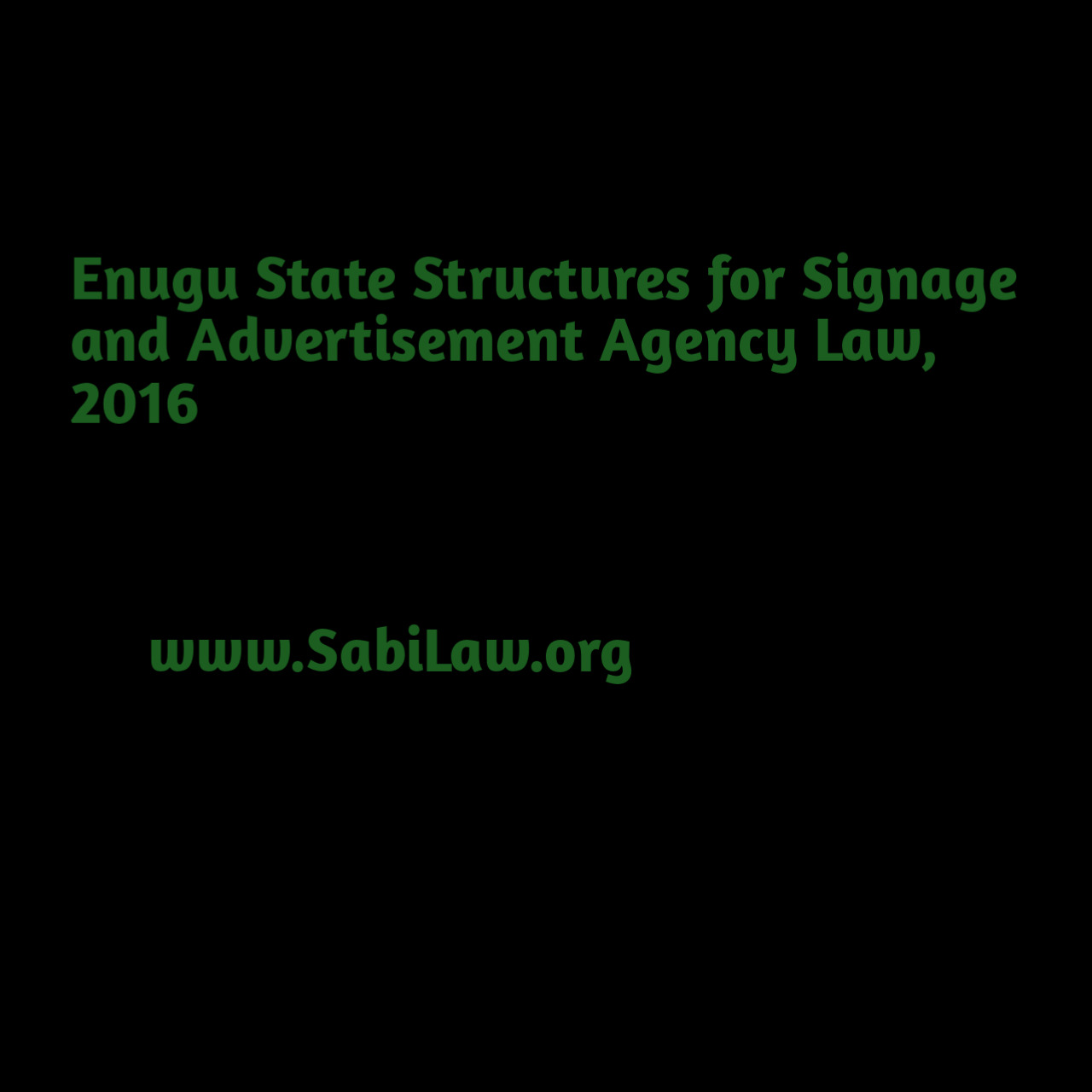
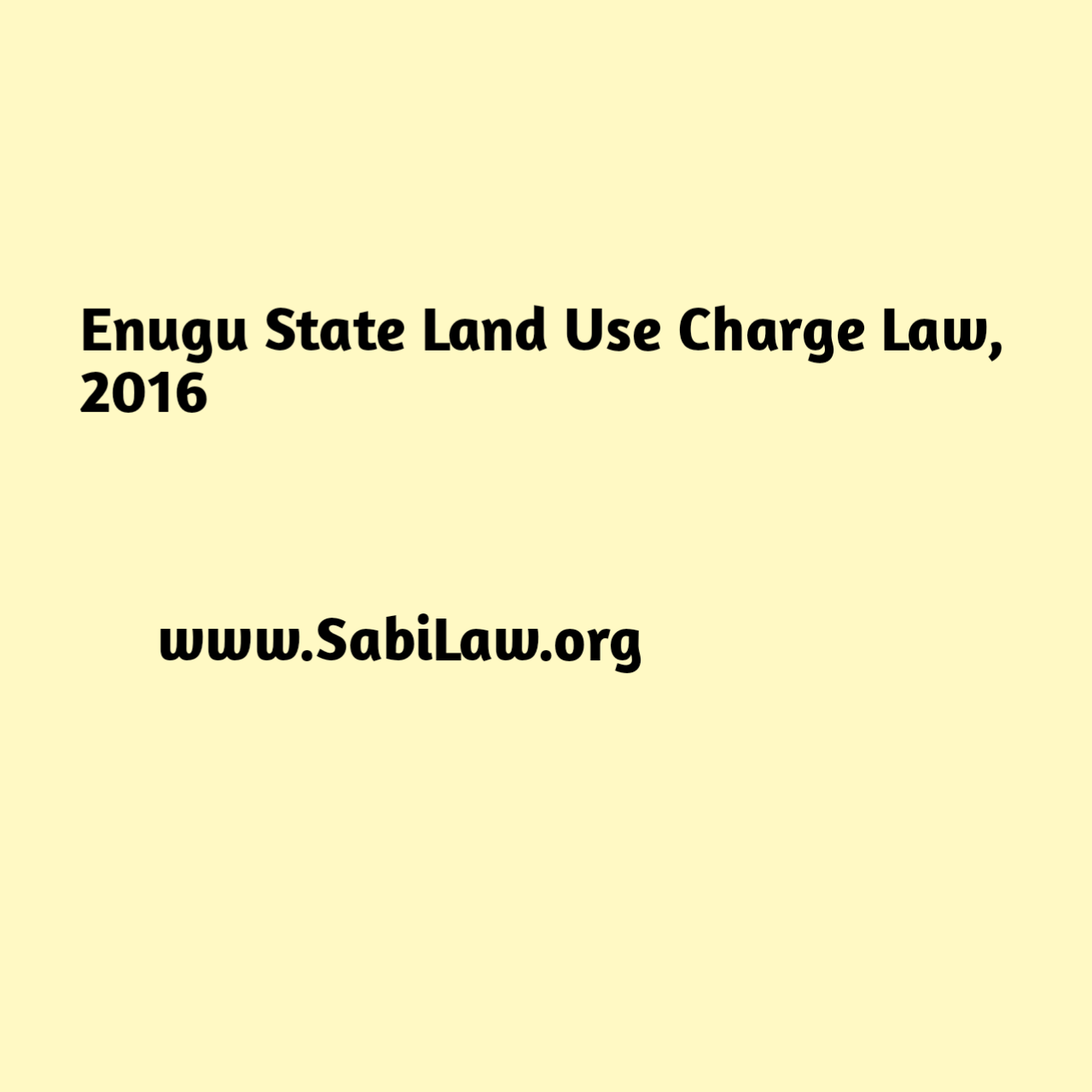
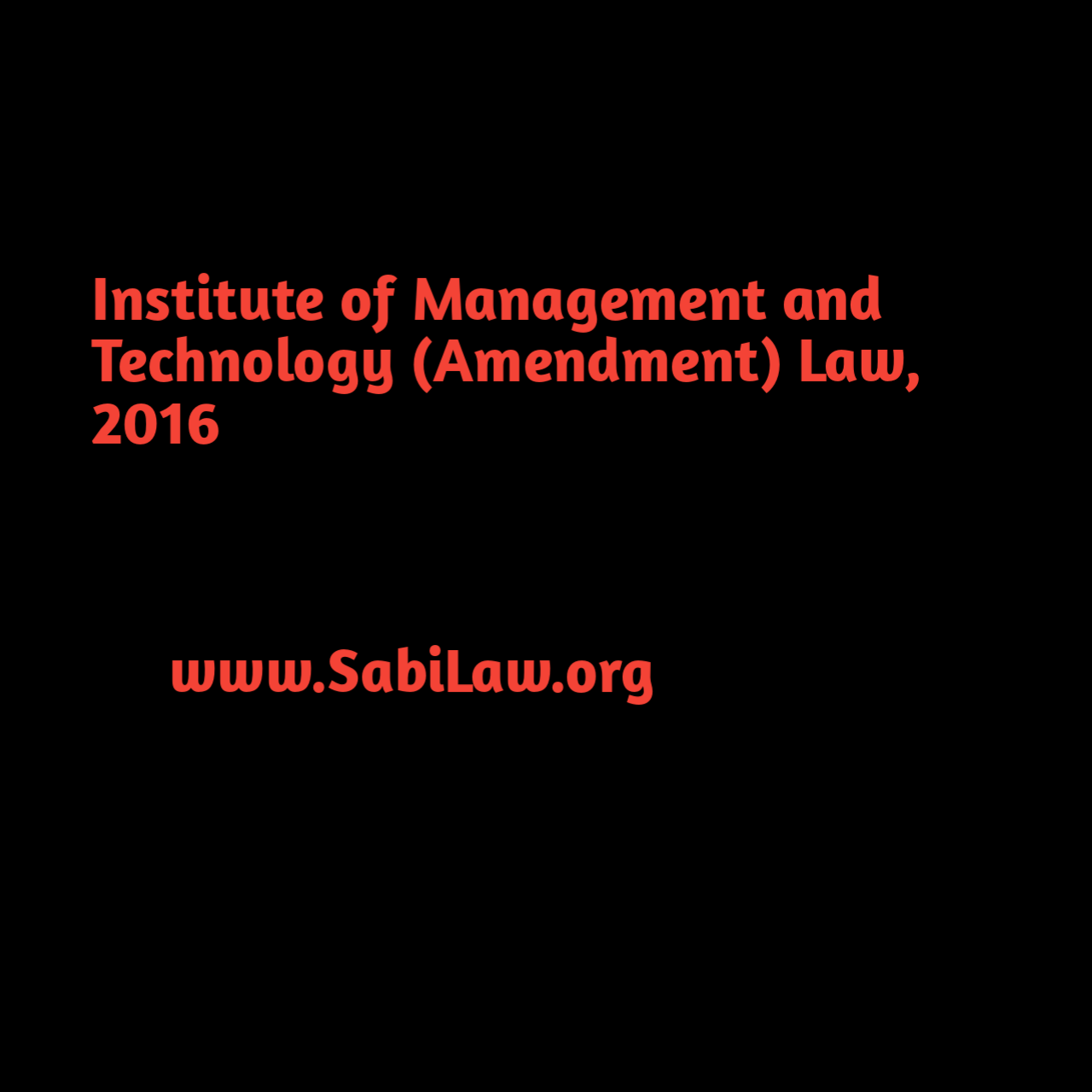
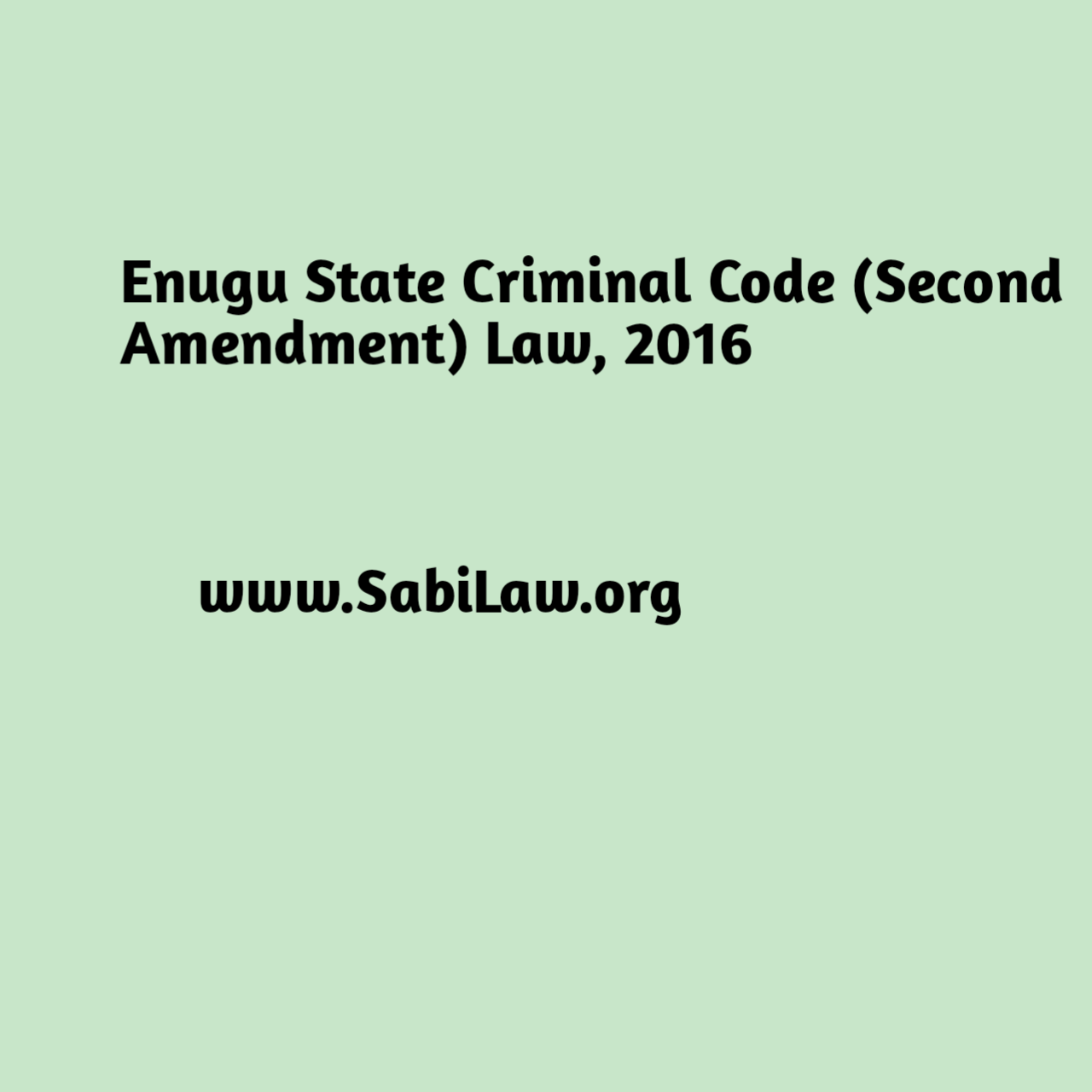
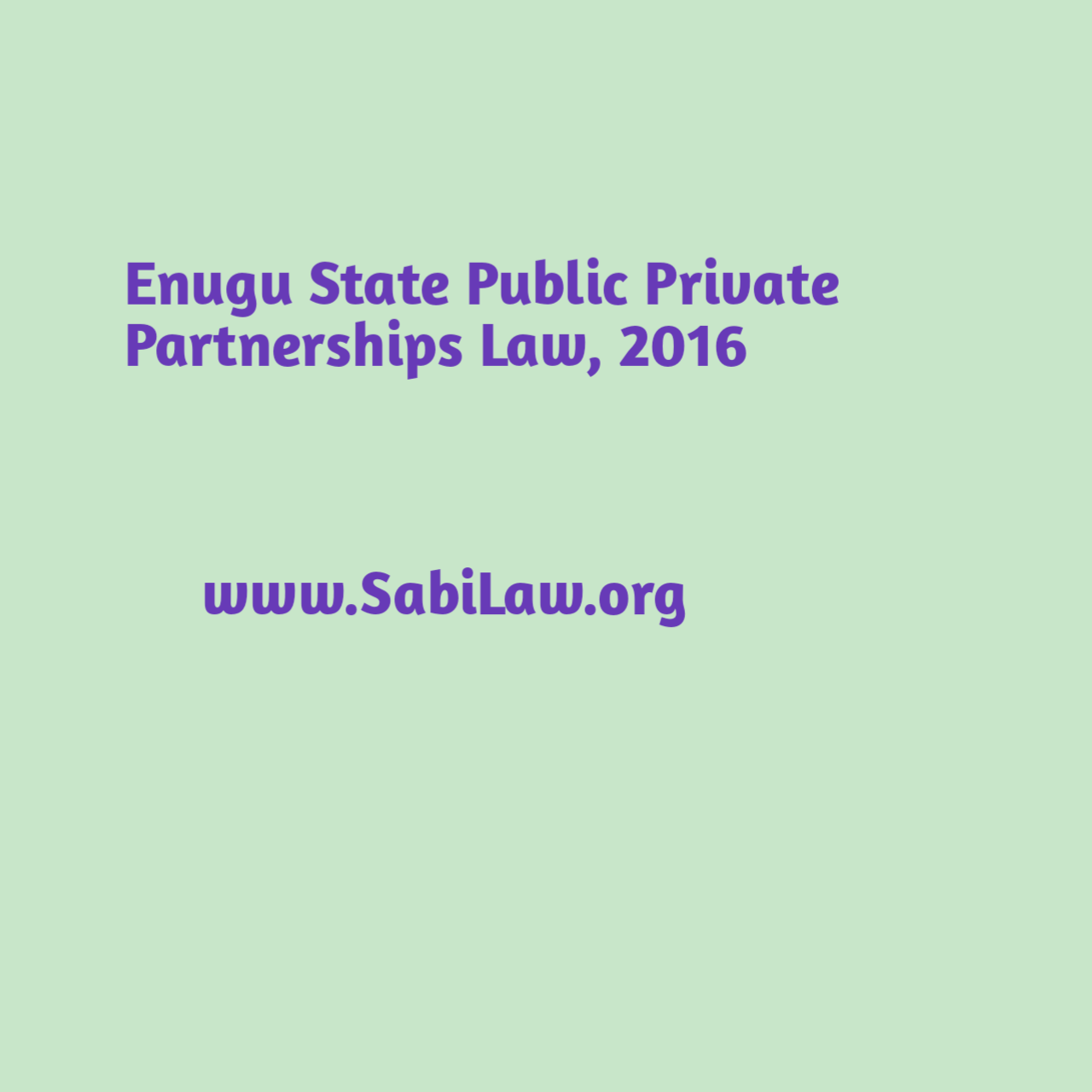
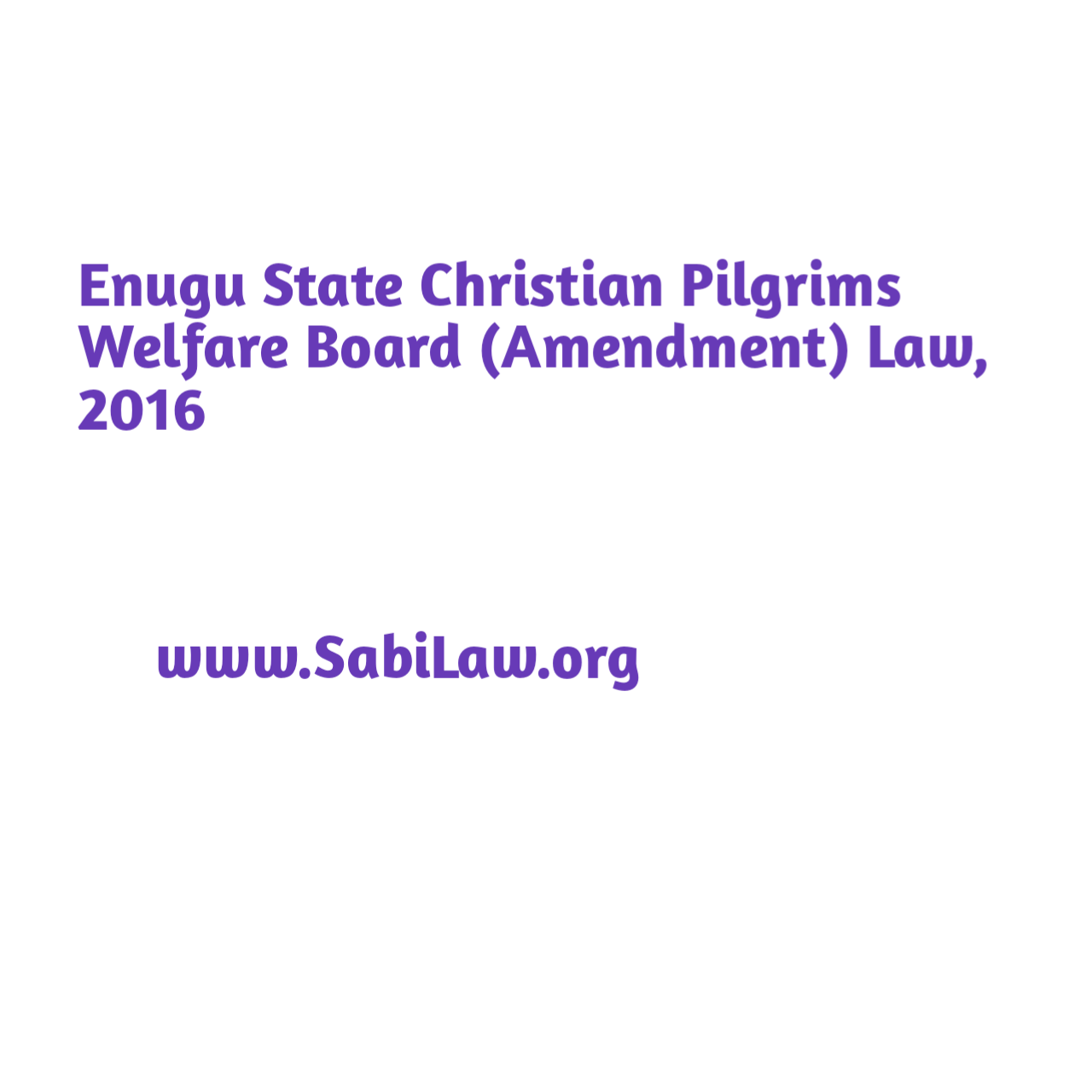
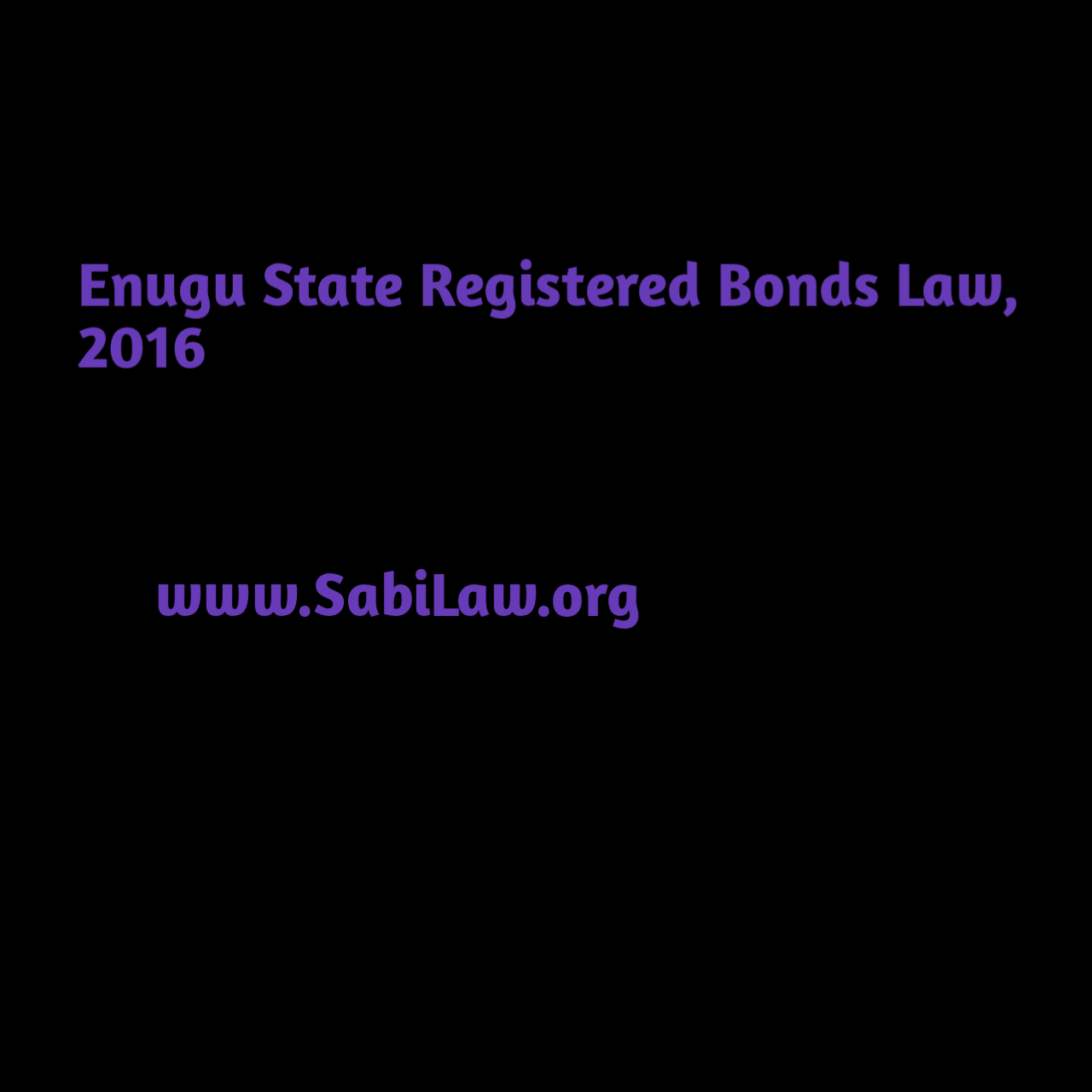
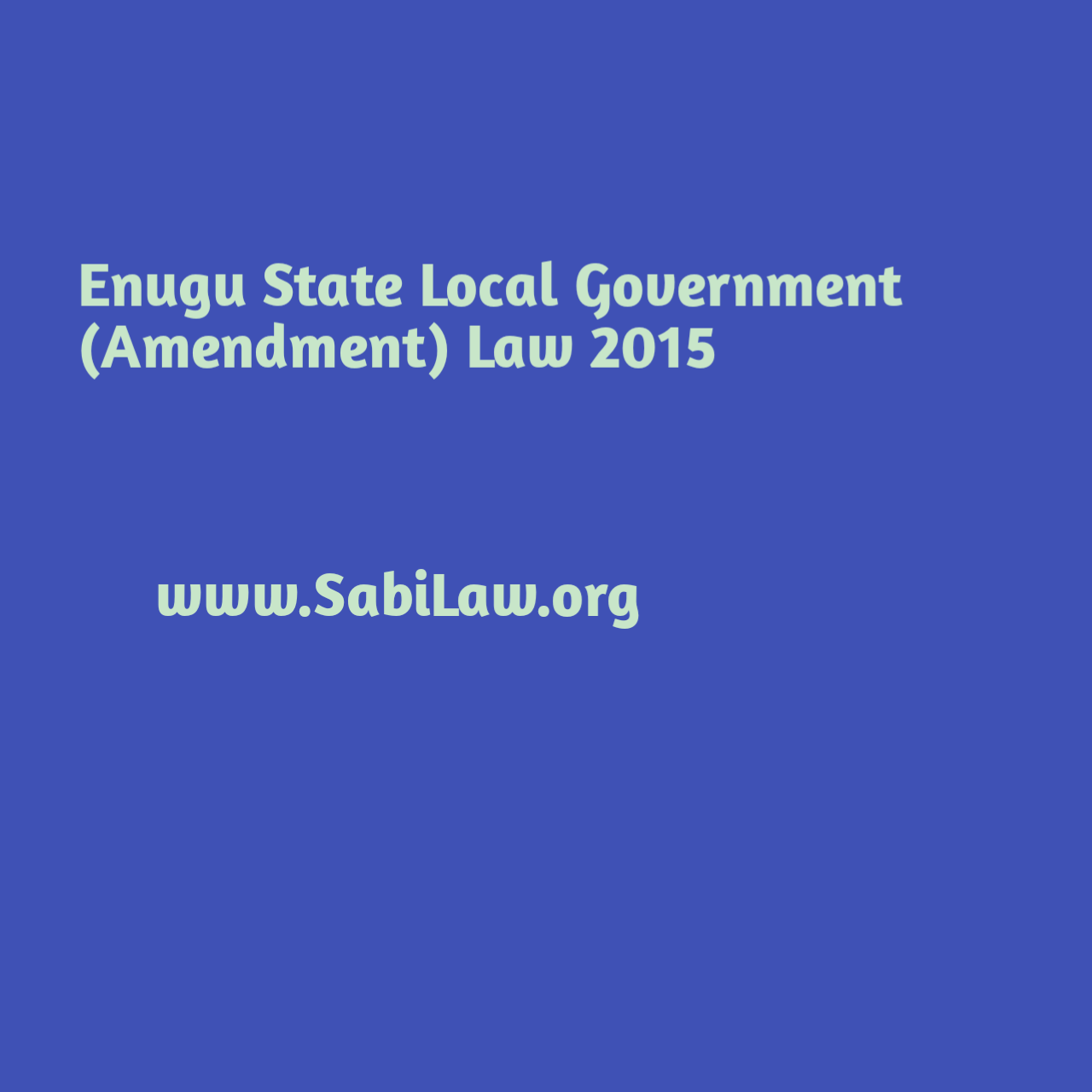
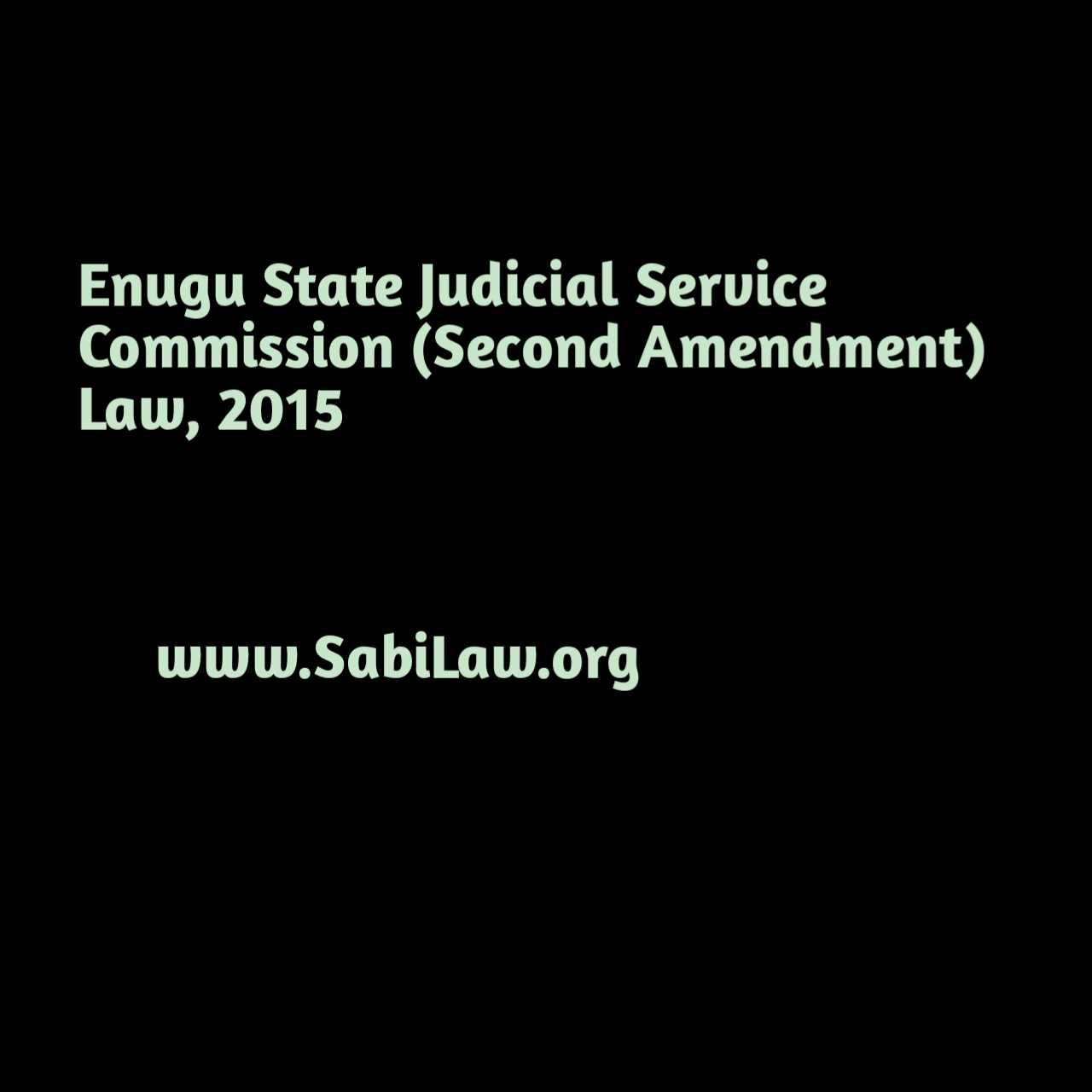
4 Responses